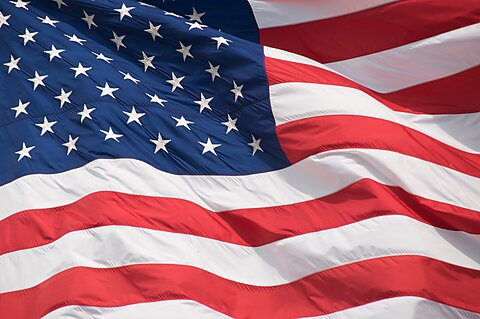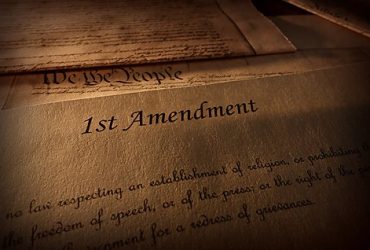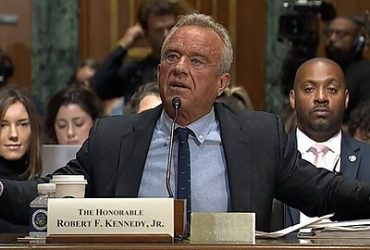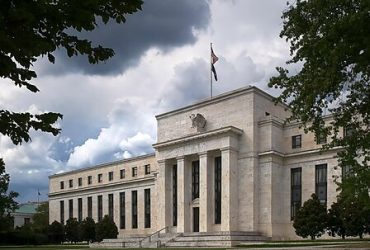Matthew Cavedon
On August 25, President Trump issued an executive order regarding burnings of the American flag. Media criticism was swift. MSNBC declared, “In this country, a presidential executive order cannot override a Supreme Court ruling. On flag burning, Trump doesn’t appear to care.” The truth is subtler but still troubling. Though the executive order is not going to overturn any First Amendment precedent, it is going to serve as another weapon in federal prosecutors’ already overstocked arsenal.
The Supreme Court held that flag-burning is normally protected by the First Amendment in the 1989 decision Texas v. Johnson. That decision was joined by none other than Justice Scalia. Johnson held that because flag-burning can be an expressive activity, governments can’t ban it in and of itself.
Of course, flag-burning can be incredibly incendiary (literally and metaphorically). As the president’s order notes, the flag is a “most sacred and cherished symbol,” while desecrating it is “a statement of contempt, hostility,” and even “violence against our Nation.” But as Johnson observed, that very offensiveness is why flag-burning is constitutionally protected. “If there is a bedrock principle underlying the First Amendment, it is that the government may not prohibit the expression of an idea simply because society finds the idea itself offensive or disagreeable.” (For what it’s worth, the Court has proven even-handed about this principle, holding more recently that supposedly racially derogatory messages are protected.)
As the Court reaffirmed in a later flag-burning case, 1990’s United States v. Eichman, there’s at least one thing even less American than flag-burning—taking away people’s freedom to do it.
The new executive order does not take aim at Johnson, which is why my colleague Walter Olson calls the order “a legal nothingburger.” Indeed, the order says it covers only “acts of American Flag desecration that violate applicable, content-neutral laws, while causing harm unrelated to expression, consistent with the First Amendment.” But Johnson did leave open the possibility that the government can prosecute flag-burning when that act causes disturbances of the peace, and this qualification is in keeping with other decisions of the Court suggesting that free speech does not apply to “fighting words.” Although this exception is narrow, one can certainly imagine times when setting a flag ablaze could trigger forcible pushback and so fit within it.
The problem with the new order, then, isn’t that it’s trying to overturn a Supreme Court decision by presidential diktat. Rather, it’s that the order directs federal prosecutors to “prioritize the enforcement to the fullest extent possible” laws against desecrating the flag when prosecuting crimes that “include, but [are] not limited to, violent crimes; hate crimes, illegal discrimination against American citizens or other violations of Americans’ civil rights; and crimes against property and the peace, as well as conspiracies and attempts to violate, and aiding and abetting others to violate, such laws.”
That means the federal government is going to push for maximal punishment any time anything it perceives as disrespectful to Old Glory is present. That could make a huge difference for defendants, given the extraordinarily broad sentencing ranges authorized by most federal criminal laws. Damage property by fire, and you face between 5 and 20 years in prison. Trespass on certain sensitive properties, and you face between nothing and a year in jail. Impede a federal agent while making physical contact, and you face 0 to 8 years in prison. The executive order commands federal prosecutors to aim big on what could otherwise be small cases if they feature tasteless acts of dissent (which also means the government now has yet another lever with which to coerce defendants into agreeing to unconscionable plea agreements).
On the one hand, President Trump positions himself as a fighter against overcriminalization in the business context (a worthy cause!). On the other hand, he is demanding draconian penalties for symbolic acts that are often constitutionally protected, even as he corrupts the National Guard into shock troops against any sign of civil disorder anywhere in the country. A velvet glove for corrupt politicians, an iron fist for protesters and city-dwellers—does that honor the Stars and Stripes?






